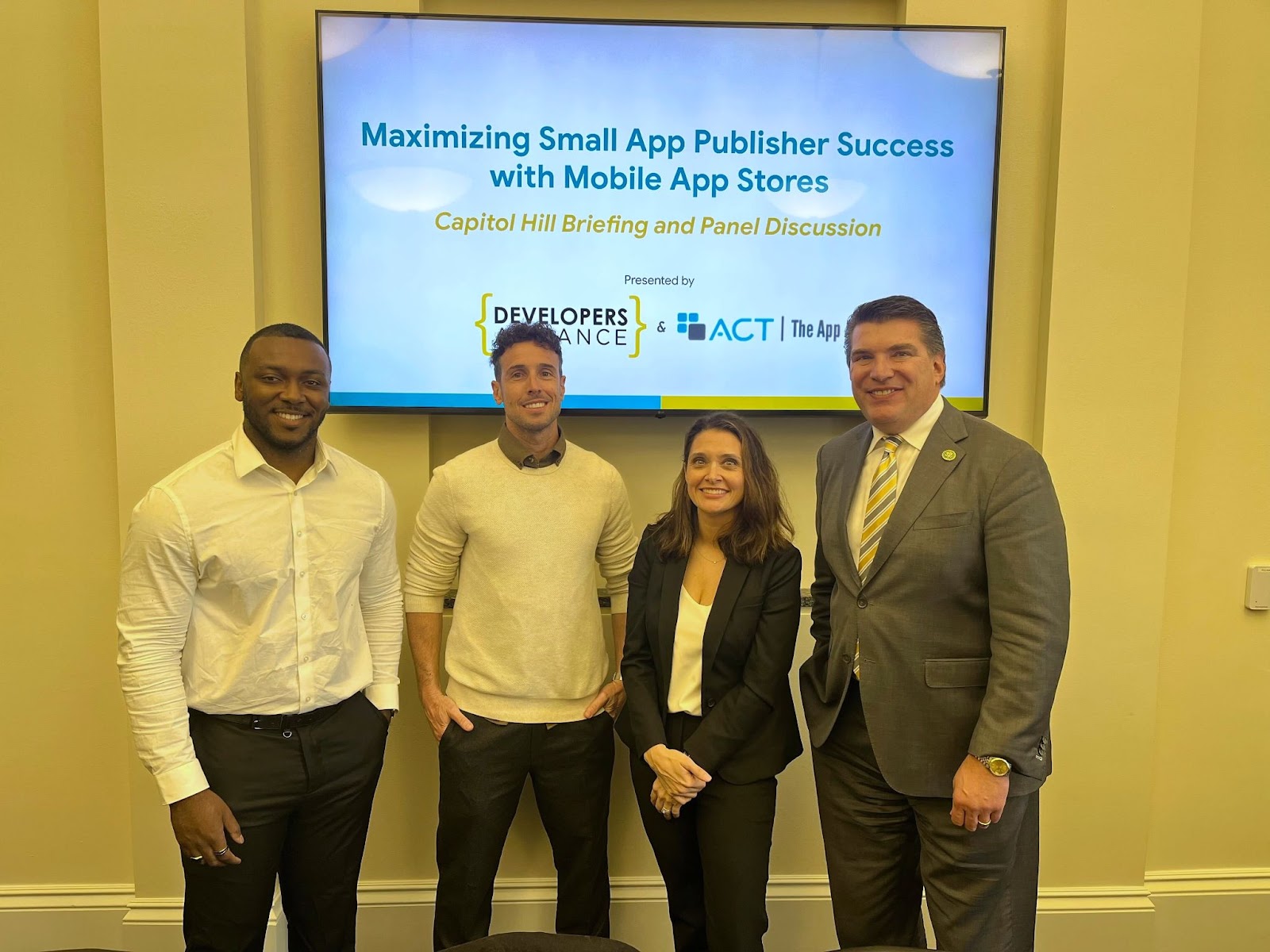Who decides where the lines are?
We’ll start with a simple question: do you agree that there are apps and content that simply shouldn’t be allowed online? Human trafficking maybe? Child sexual exploitation? Can we start with the premise that most people agree that some things simply can’t be allowed to spread unchecked?
The internet was founded on the idea of community management, free from centralized control. Without that, no developers or apps, or content would have emerged. The utopian vision was the free and open exchange of ideas across geographies and cultures. The dystopian one was a rapid descent into a cesspool of violence and anarchy. Standing watch between the two would be a global community “self-policing” the communal values that emerged. We’d settle into some middle state where social pressure would discourage the worst abuses while avoiding the rigid regulations of political majorities.
But of course, it didn’t turn out that way.
To those of you that spend more time online than in the real world (more and more of us these days), there was little shock and awe when Twitter, Facebook, and others stepped in to silence some of the more strident voices. Maybe you agreed, maybe you didn’t, but we all knew it was coming. The real surprise was the social media consumers that lost sight of the line between “real” and “online”. (Pro-tip: posting videos online of illegal acts in the real world guarantees real jail time.) This is a striking observation: that people can become so lost to virtual lawlessness that they cannot grasp that real-world laws don’t allow them to act out their online fantasies. Threatening to hang someone can lead to long, dark years in a concrete box. Turns out, words really can hurt you. The rhetorical line that “what’s illegal in the real world should be illegal online” cuts both ways, it seems. The fact some of these people seem shocked by the consequences should make us all pause.
But to those of you that build apps for a living, it was the de-platforming of Parler that struck a little closer to home. Whether or not Parler was doing anything wrong, what gave the big internet companies the right to knee-cap them?
Well, we did.
Leaving aside whether or not Parler went too far, if you agreed with the premise that some stuff just can’t be allowed, then you also need to accept that *someone* has to police the abusers. The original plan was that the “community” would do this. It turns out, however, that the idea of everyone on the internet having an equal stake in its future was a bit naive and we allowed those that invested in servers and services to have a larger vote. We gave up our proxy with our time and attention, or our money and the companies we voted for took on the task of making things work better for everyone. Including keeping the peace. Including banishing those that ignore the well-documented and thoroughly critiqued rules. Rules we all disagree with, but that approximate something we can all live with. Because socialism.
Having your app banned and losing hosting services can be a death sentence. A little research says there were plenty of warnings, and that Parler knew it was violating its contracts. But if you don’t agree that this was Apple’s call to make, or that Amazon has the right to throw you out of the bar for being disorderly, what is the alternative?
There must be a mechanism for the internet to purge and punish what we all deem unacceptable. There must also be a mechanism to decide where that line is. If left to governments, the rules will depend on who’s in power, what country can enforce its norms online, and what freedoms and obligations are in place for the internet’s real-world infrastructure. It’s a viable model, but of course gets us no closer to rules that everyone will agree with, any more than everyone’s candidate won the election (except in the U.S., where both sides won by a “landslide”). It’s worth noting that Apple is being attacked for both removing Parler and being sued for not removing Parler soon enough, with most of the vitriol coming from elected officials (the ones that would make up the various sets of rules we’d take turns applying).
So what to do? If we can’t trust private companies to act impartially, and if we know that elected officials will act politically, is there some mechanism that can get companies to act in the internet community’s best interest? Better still, can we as a community engineer mechanisms into our networks and services that reinforce positive behavior and suppress negative behavior (I’ve written on one angle of this in my defense of online digital IDs)?
Some of you will be hearing from us in the weeks ahead as we seek out your opinions on app stores, rule enforcement, and who you’d trust (if anyone) to police the ecosystem we share. Your thoughts will inform our positions in Washington DC and Brussels. Do you want big tech broken up and melted down, or are things working well enough that you’d prefer the status quo? We look forward to hearing what you think.
Here’s the bottom line: the likelihood of a good outcome for those that live and work on the internet isn’t great when offline lawyers and politicians seek to regulate something they don’t truly understand. Those that build and inhabit the internet need to speak up before those that visit the internet ruin the neighborhood.
Whether you agree with Parler or you don’t, we all have a stake in what happens because of their example.






